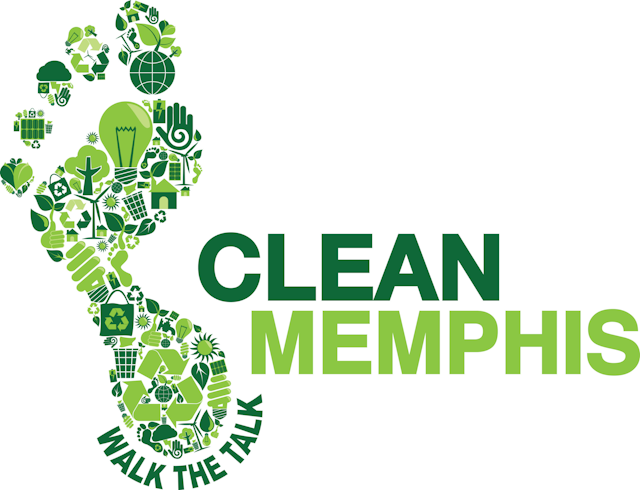
How to better sort your waste on a daily basis? How do you raise awareness among the residents of a city? Memphis has developed a global system that works.
Memphis committed in 2005 to achieving “zero waste” by 2030. The tennessee city has since taken a series of measures and now exceeds 80% of waste recycled or composted.
1. What does zero waste mean
The goal adopted by Memphis is to achieve zero waste sent to landfills or incinerators, meaning 100% of its waste recycled or composted. The expression Zero Waste in English also translates to zero left-over: this is why the city also seeks to reduce the waste of food and resources.
2. Concretely, what does this imply for residents
The initiative has multiple implications for local residents. Plastic bags have been banned in supermarkets, replaced by paper bags (paid). But above all, it has been compulsory, since 2009, to recycle and compost all waste. Each home has three bins: a green one for composting, a blue one for recycling and a black one for the rest of the waste.
3. Three trash cans! But how do we fit this into our small kitchens?
Removing waste from the kitchen is certainly a good idea!This certainly makes one more trash can, but the size may be different. If the bin dedicated to recycling remains the same, that of normal waste can be much smaller because only rare waste (generally thin plastic) is likely to end up there if most of the waste is recycled or composted.
The organic waste bin may also not be too big: it is better to empty it regularly so that it does not smell.
4. How can we encourage everyone to comply with this system
Since it is complicated to charge each home based on the weight of waste generated, Memphis has set up a system providing financial incentives to recycle and compost.
The invoice specifically mentions the three bins, the charges for the green and blue being much lower than those for the black. For the latter, the cost varies depending on the size: if you recycle and compost little and therefore fill a large black bin, it will cost you much more than complying with the system and, ultimately, reducing its size, since the large Most of the waste will go to the other two.
5. We can also imagine that some people will put waste in the wrong bins to reduce their bill without making the effort to recycle
Yes, but checks are regularly carried out. Officers are crisscrossing the city and looking at the contents of trash cans. If they notice that the recyclable or compostable bin is obviously filled with bad waste, they leave a warning. After several warnings, the home concerned will pay a penalty on its bill.
6. What happens to the waste next
As in other US cities, recyclables are transformed and reused. Plastic, paper and even glass are sorted separately and can then be used to make new objects. Organic waste is transformed into compost. After a month of various treatments, they become very fertile soil and therefore very popular with farmers, who thus feed their crops while preserving the soil.
7. This is all very nice, but it must be very expensive
Not exactly! Studies show that a zero waste system actually costs the community less. Waste collection can be significantly cheaper by adapting the collection (regular frequency for organic waste, which rots quickly, but more spaced out for dry waste). But above all, the treatment costs much less than devices like incinerators, a solution very popular in Tennessee. And allows the creation of necessarily local jobs to properly sort waste, as automatic sorting techniques do not allow total sorting of quality.
This system also brings in money through the resale of recycled materials and compost. And it’s much better for the environment, because landfills produce methane and incinerators produce very toxic gases.